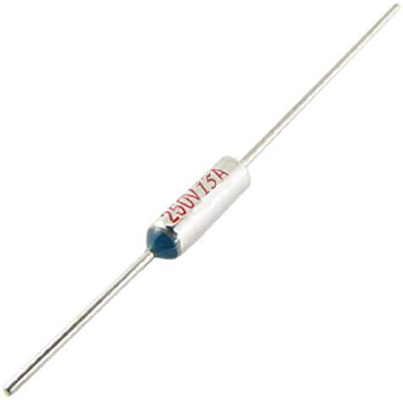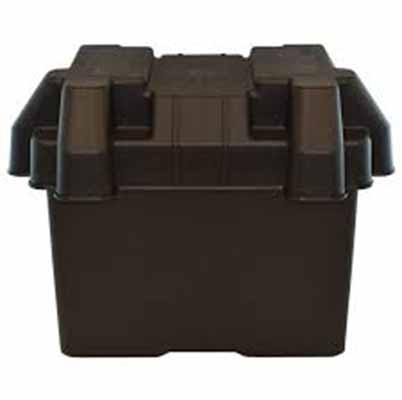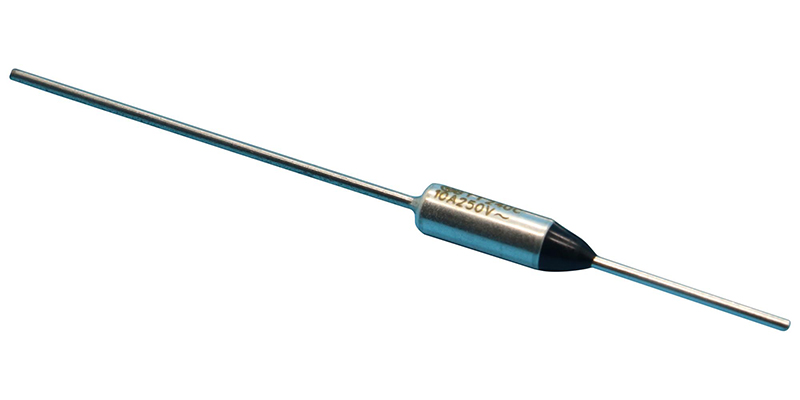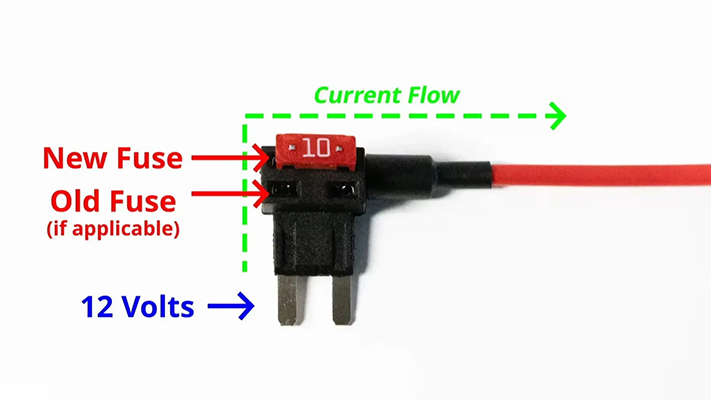Automotive Glass Fuse for Car Power Inverters
News 2025-10-27
Automotive glass fuses play a vital role in safeguarding electrical systems within vehicles, especially when paired with car power inverters. These components are engineered to protect against overcurrent and short circuits, ensuring the safe operation of inverters that convert DC battery power to AC for running devices like laptops or appliances during travel. By acting as a critical barrier, glass fuses prevent potential damage to both the inverter and connected electronics, making them indispensable in modern automotive setups. Their design allows for easy integration and reliable performance in dynamic environments such as road trips or off-grid adventures.

Applications in Automotive Systems
In various automotive contexts, glass fuses for car power inverters excel in protecting circuits during high-demand scenarios. For example, in RVs and trucks, they safeguard inverters powering entertainment systems or tools against overloads caused by voltage spikes or faulty connections. Similarly, in emergency roadside situations, such as using an inverter for charging essential devices, these fuses ensure consistent protection. Their versatility extends to hybrid vehicles and accessory installations, where they maintain circuit integrity without adding bulk, enhancing overall system reliability and user safety.
Performance Advantages
Glass fuses offer distinct benefits that optimize their use in car power inverters, including rapid response to faults and precise current handling. This quick action minimizes heat buildup and reduces the risk of fire or equipment failure during surges. Compared to alternatives like blade fuses, glass versions provide better visibility of a blown fuse, simplifying diagnostics and repairs. Additionally, their compact form and resistance to vibration make them ideal for the harsh conditions of automotive environments, delivering long-term durability and cost-effective protection for critical inverter operations.
Frequently Asked Questions
1、What current ratings do automotive glass fuses typically have?
They range from 5A to 40A, allowing users to match the fuse to the specific power output of their car inverter for optimal safety.
2、How do I know when a glass fuse has blown?
A blown glass fuse shows a visible break in the filament, making it easier to identify and replace compared to other fuse types.
3、Are these fuses suitable for high-temperature environments?
Yes, they are designed to withstand automotive heat and vibration, ensuring reliable performance in engines and inverter compartments.


